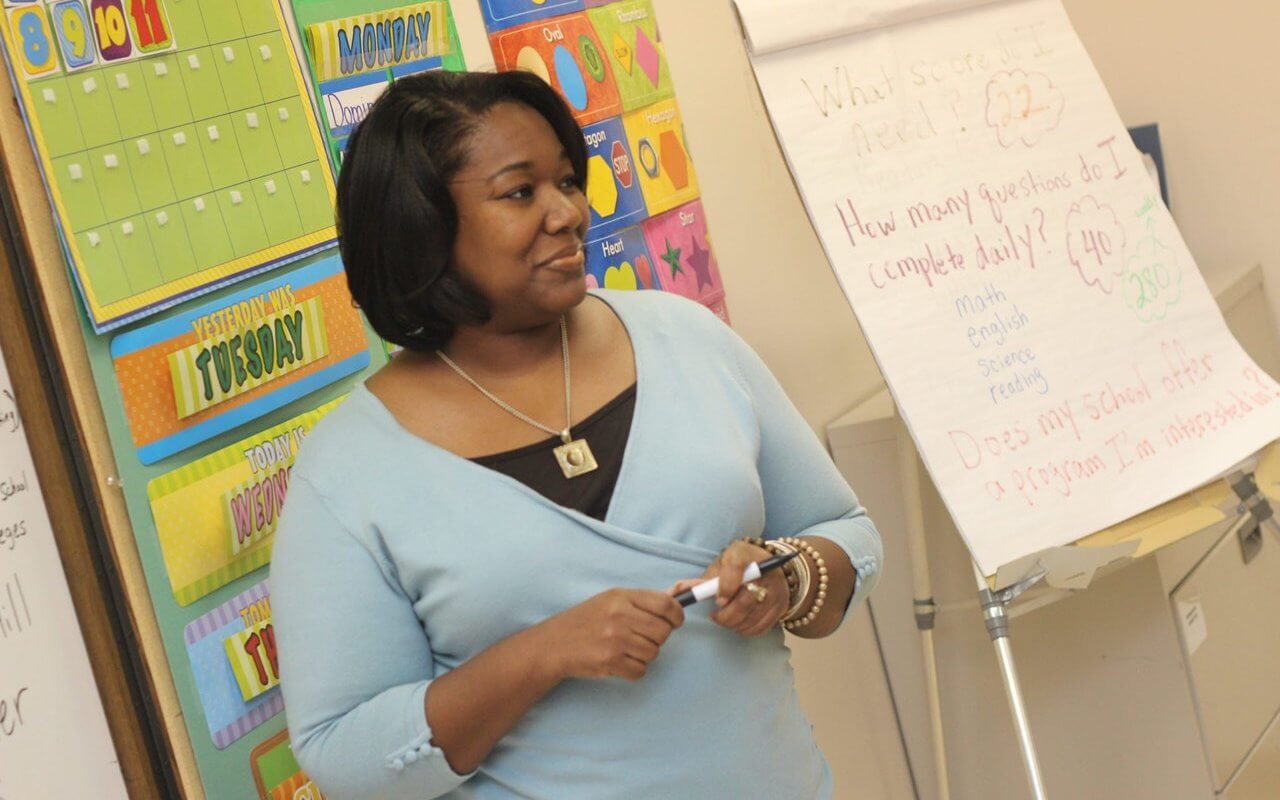WOODBRIDGE — Dr. Barry Zaret of Woodbridge is as passionate about his oils on canvas as he is about his cardiology research, teaching and clinical practice.
Zaret’s work is the subject of a soon to open exhibit, “Prague Paintings and Other New Works,” at the Westville Gallery jn New Haven. The exhibit will feature seven paintings of the Old Cemetery in Prague.
Zaret, who for 26 years served as chief of cardiology at Yale University, began painting seriously 15 years ago when his wife gave him a painting set for their anniversary. He has been painting ever since.
Zaret’s work has been featured at the JCC of Greater New Haven, the New Haven Arts Council and at a previous show at the Westville Gallery.
The Brooklyn-born and Queens-raised Zaret reports that he “painted a little as a kid,” though he had no formal training. He did not paint during his medical training or two years of military service during the Vietnam War. During a two-year stint in California before coming to Yale in 1973, Zaret did “some painting.”
Over the years, Zaret grew close to Chaim Gross, a sculptor and water color artist. “He was the inspiration who unlocked a lot of doors. And I painted in his studio in Provincetown.”
A second important influence on Zaret was Avner Moriah, an Israeli artist who completed an MFA at Yale. Moriah has since returned to Israel.
“I have painted many landscapes with Moriah in Israel-the Judean Hills, the Aravah, the Timnah Valley, etc,” reports Zaret, who is particularly fond of Safed. “Our Rosh Hashanah card for the past eight years has been the blue doors of Safed. They make me think of the liturgy of Rosh Hashanah.”
“Dr. Zaret has been a loyal customer of The Frame Shop and Westville Gallery for many years,” reports Gabriel DaSilva, owner of the gallery.
As DaSilva saw more of Zaret’s work, the two developed a special rapport, and DaSilva felt his gallery would be a perfect, intimate venue for Dr. Zaret’s work. DaSilva reports that their relationship “based upon mutual respect and admiration.”
Zaret, who still maintains an active clinical practice, spends several days a week painting mainly landscapes in the art studio of his vacation home in the Berkshires.
“We also travel a lot as part of my professional work,” reports Zaret, who frequently travels to European countries like Italy and France. Zaret’s recent travels to Prague and Budapest served as the inspiration for the current Westville Gallery exhibit.
“Prague Paintings and Other New Works” came about after Zaret visited Prague synagogues, museums, and the 500 year-old cemetery which managed to survive under Nazi rule.
The Zarets have been active members of the Woodbridge and New Haven Jewish community since 1973. “Two of our three children attended the Ezra Academy; all of our children celebrated their b’nai mitzvah at B’nai Jacob; we had two aufrufs there; and two grandchildren named there,” he said. “I was a vice president in the past, my wife was the ritual director, and she reads Torah there regularly.”
“Prague Paintings and Other New Works” at the Westville Gallery, 899 Whalley Ave., New Haven, will run from Thursday Feb. 7 – Saturday March 1. Gallery hours are Tuesdays-Thursdays 10am to 5:30pm; Fridays and Saturdays from 10am to 5pm. An opening reception will be held Thursday, Feb. 7 from 6pm to 8pm.



